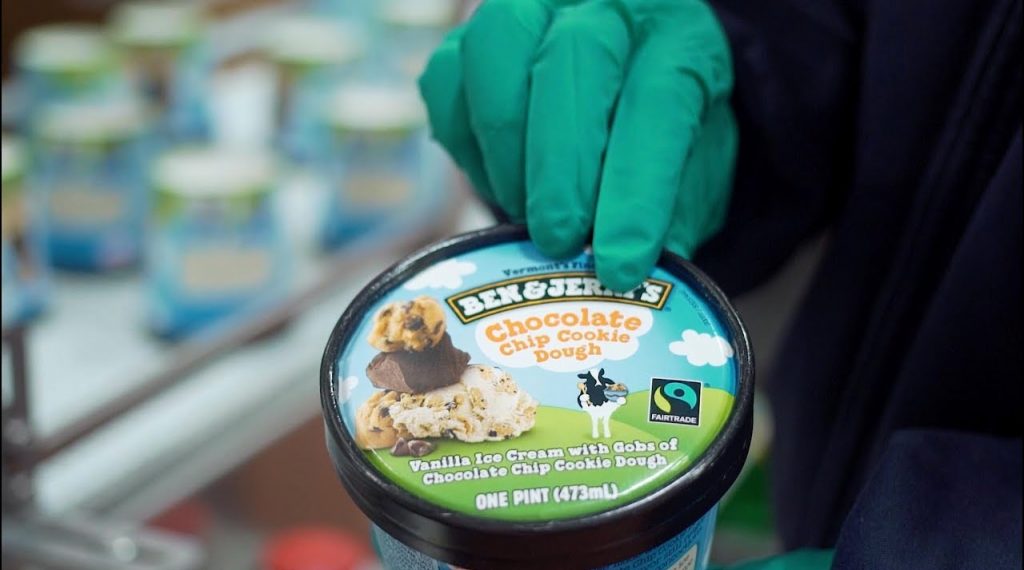Ben & Jerry’s Embroiled In Major Legal Battle, Here’s Why
Ben & Jerry's has got a major bone to pick with its parent company Unilever, and as such filed a court case against them.
This article is more than 2 years old

Ben & Jerry’s is suing parent company, Unilever in an attempt to cancel the sale of its Israeli business to a local partner. The consumer products giant said the deal would allow the continued distribution of their ice cream products in the West Bank. The Vermont-based company filed the complaint in the US District Court in New York, where it sought an injunction to protect the brand it spent decades building. It said the deal threatened to undermine the company’s social integrity which the board retained independence to protect when Unilever acquired the firm in 2000.
Ben & Jerry’s has been doing business in Israel since 1987. But in recent years the company faced scrutiny for selling in West Bank settlements, which is considered illegal under international law. In July 2021, it announced it would stop selling in the region entirely, CNN Business reports. The move triggered a dispute with longtime Israeli distributor, American Quality Products which sued Ben & Jerry’s and Unilever in March. The firm argued that their 34-year business relationship was unlawfully terminated to boycott Israel.
Unilever tried to settle the controversy last week, saying that it had sold Ben & Jerry’s Israeli business to American Quality Products for an undisclosed amount. The retail giant said the popular ice cream would then be sold under its Hebrew and Arabic names throughout Israel and the West Bank. But the decision took the board of Ben & Jerry’s by surprise, according to its court filing, which said its chair had been stunned by the news. Since 2021, the ice cream maker has been fiercely opposed to the sale of its products in the West Bank, saying it would be inconsistent with the brand.
In the lawsuit, Ben & Jerry’s said that Unilever’s decision was made without the approval of its independent board, which has the primary responsibility for safeguarding its brand name. A judge denied the ice cream maker’s application for a temporary restraining order, but ordered Unilever to show cause by July 14th for why a preliminary injunction should not be issued, CNBC reports. Last week, Unilever acknowledged that Ben & Jerry’s and its independent board were granted rights to make decisions about its social mission.
But it maintained that the parent company reserved primary responsibility for financial and operational decisions. As such, Unilever says the deal has already closed and it does not comment on pending litigation. In its statement via CNBC, it added that executives used the opportunity of the past year to listen to perspectives on this complex and sensitive matter and believes this is the best outcome for the ice cream brand in Israel. A Ben & Jerry’s representative did not respond to a request for comment.
Meanwhile, some Jewish groups have accused Ben & Jerry’s of anti-Semitism. Some investors, including at least seven U.S states, divested their Unilever holdings. Ben & Jerry’s was founded in a renovated gas station by Ben Cohen and Jerry Greenfield in 1978. No longer involved in business operations, the pair said they supported Israel but opposed its illegal occupation of the West Bank, according to The Guardian.




